Citrus Reticulata (Mandarin) 1/4 Std 5L
£58.00
Out of stock
Citrus reticulata, commonly known as mandarin or mandarin orange, is a species of citrus fruit that includes several well-known varieties. Here are some key characteristics and information about Citrus reticulata mandarins:
Fruit Characteristics:
Size and Shape: Mandarins are typically smaller and flatter than traditional oranges, with a loose, easy-to-peel skin.
Color: The peel of mandarins can range from bright orange to reddish-orange, depending on the variety.
Segments: The fruit is divided into easily separable segments, and many mandarin varieties are seedless or contain only a few seeds.
Flavor Profile:
Taste: Mandarins are known for their sweet and juicy flavor, often with less acidity compared to other citrus fruits.
Aroma: The peel of mandarins has a fragrant, citrusy aroma.
Common Varieties:
Several mandarin varieties are cultivated globally. Some well-known varieties include:
Clementine: A seedless mandarin known for its easy-to-peel skin and sweet taste.
Satsuma: A group of seedless mandarins, particularly cold-hardy and easy to peel.
Tangerine: While “tangerine” is sometimes used as a generic term, it also refers to specific varieties like Honey Tangerine and Murcott.
Culinary Uses:
Mandarins are often eaten fresh as a snack or included in fruit salads.
The juice is used in beverages, cocktails, and culinary dishes.
Mandarin zest can be used to add citrus flavor to various recipes.
Growing Conditions:
Mandarin trees thrive in subtropical to tropical climates with warm temperatures.
They prefer well-draining soil and benefit from full sunlight.
Mandarin trees can be grown in containers in colder regions and brought indoors during winter.
Harvesting:
Mandarins are typically harvested when the fruit has developed its full color and flavor.
The harvest season varies among different mandarin varieties.
Health Benefits:
Mandarins are a good source of vitamin C, providing immune system support.
They also contain dietary fiber, antioxidants, and various vitamins and minerals.
Cultural Significance:
Mandarins hold cultural significance in various traditions, symbolizing good luck and prosperity.
They are often exchanged and consumed during celebrations, particularly during the Chinese New Year.
Mandarins are popular for their sweetness, convenience, and pleasant aroma. With a variety of cultivars available, mandarins are enjoyed fresh, juiced, or incorporated into a wide range of culinary applications worldwide.
| Flower Colour |
TBC |
|---|---|
| Size |
5 Ltr |
| Root Type |
TBC |
| Foliage Colour |
TBC |
| Soil Type |
TBC |
Only logged in customers who have purchased this product may leave a review.


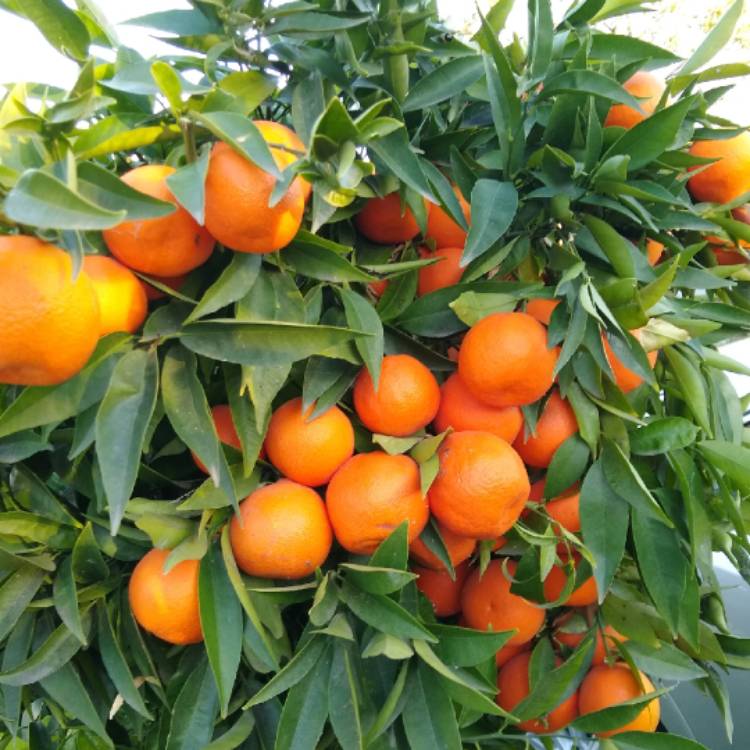

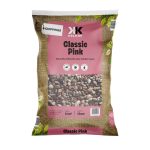
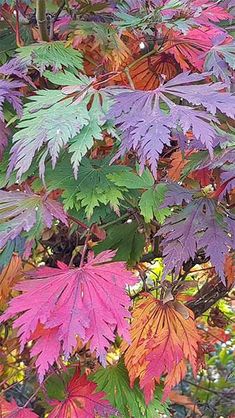

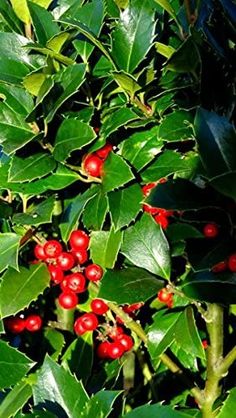
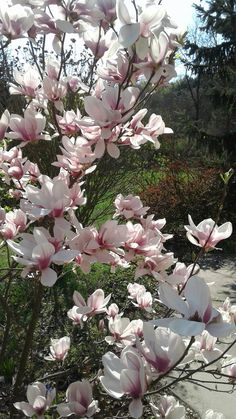
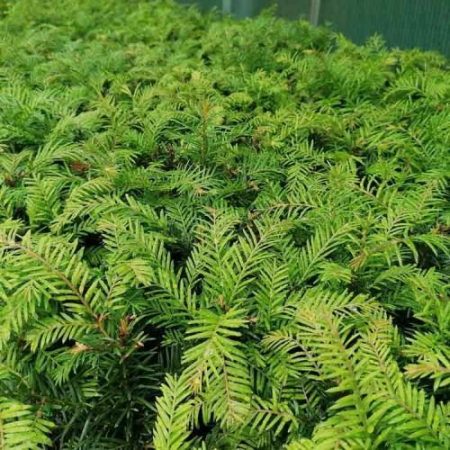
Reviews
There are no reviews yet.